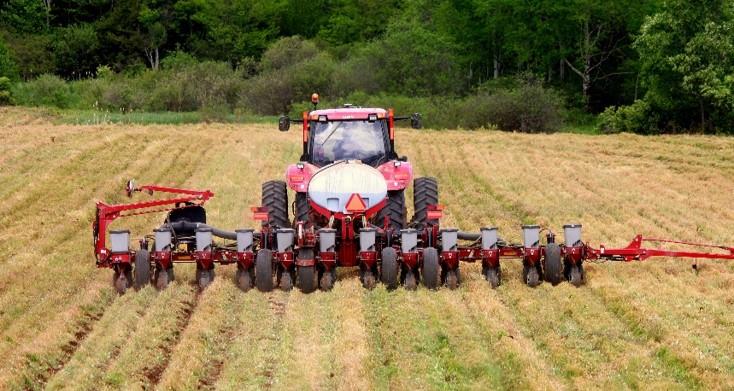February 4, 2020
Balancing Off-Farm Employment When Starting an Operation

Many producers utilize off-farm jobs to generate additional income and procure benefits. Some do so by choice while others find it a necessity, especially when starting an operation. This raises the question, particularly for smaller farms, of how to balance off-farm employment while maintaining a successful operation at home. When deciding whether you can (or should) manage an off-farm job, here are some things to consider.
Financial needs
The first thing to do is assess your financial needs. This includes a review of family living expenses and may require developing a personal spending budget. This will help you decide how much additional income is required to support the family at the desired income level. Do you need more cash income or are you primarily trying to fill health insurance, retirement funding or other needs? Understanding the expenses that may be fixed or could help secure peace-of-mind can bring clarity to your additional income needs.
Time
The next step is looking at the time available to commit to this off-farm endeavor. Here’s a few questions to start with.
1. Is your business seasonal or year-round?
2. Can you work mornings or evenings and keep the business going?
3. How flexible (or rigid) is your business activity schedule?
4. Do you have other obligations that are non-negotiable?
Answering these questions can help set a realistic time commitment when beginning to search for off-farm employment.
Focus and attention
Another important consideration is the potential for the off-farm activities to interfere with your focus on the business. If your schedule will be changed in a way that hurts the business’s financial performance or desired growth, you may need to reevaluate the number of hours and amount of money that will be required to supplement family needs.
At the end of the day, you should also consider how multiple work priorities will impact family, rest and relaxation. These may be more important than the financial measures to some operators.
Skill set
Once these broader topics have been considered, you will want to do a self-assessment of your skill sets. Most farmers have a broad range of abilities and significant self-discipline and work ethic. Consider your technical skills. Are you good at welding or repair? Do you have animal husbandry skills or agronomic/horticultural knowledge?
Also consider the management skills you’ve developed over time. Have you been successful in process efficiency, time management, work prioritization or record-keeping? Think about how those skills might be applied to someone else’s business as an employee or manager.
In some cases, producers can use their strongest skill sets to create an additional side business of their own such as specialized fresh cow care or ultrasound technician work.
Balancing off-farm employment can benefit your personal and business goals, and if well-managed, can help obtain your desired income level. But making sure you’ve considered your benefits and challenges equally takes some thought and planning. If you’d like to review your options with a Farm Credit East business consultant, contact your local branch office.



